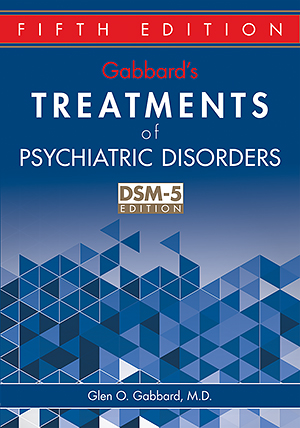Sections
Excerpt
Drug and alcohol use disorders have affected approximately 30% of American adults at some point during their lifetime (Compton et al. 2007; Hasin et al. 2007). Of those reporting a lifetime substance use disorder, approximately 39% have sought treatment. These individuals are most likely to seek the assistance of health care professionals (including physicians and counselors), with 12-step programs being the second most relied on support system (Compton et al. 2007; Hasin et al. 2007).
Access content
To read the fulltext, please use one of the options below to sign in or purchase access.- Personal login
- Institutional Login
- Sign in via OpenAthens
- Register for access
-
Please login/register if you wish to pair your device and check access availability.
Not a subscriber?
PsychiatryOnline subscription options offer access to the DSM-5 library, books, journals, CME, and patient resources. This all-in-one virtual library provides psychiatrists and mental health professionals with key resources for diagnosis, treatment, research, and professional development.
Need more help? PsychiatryOnline Customer Service may be reached by emailing [email protected] or by calling 800-368-5777 (in the U.S.) or 703-907-7322 (outside the U.S.).



